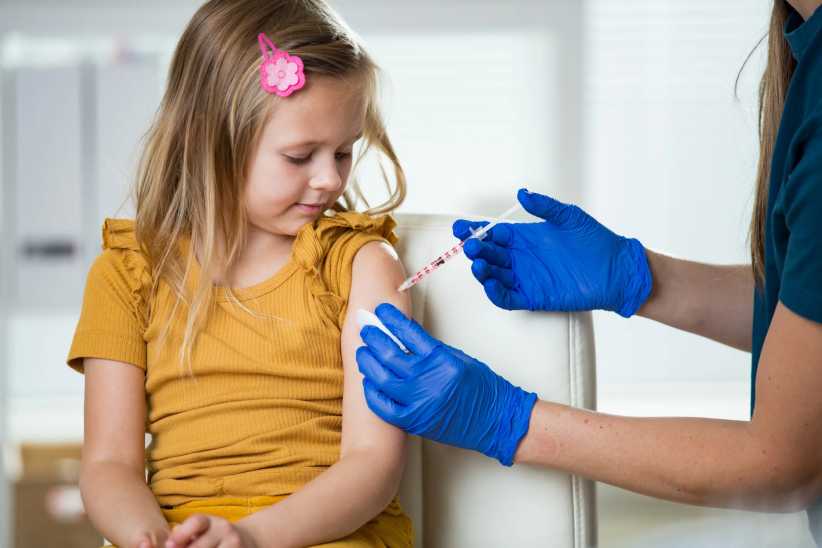How can parents tell when teenagers’ behaviors are typical adolescent attitudes or something more serious?
As parents, we’ve all been there: “My teenage daughter is so moody,” or “He sleeps all the time and never talks to us anymore.” But how do parents know when teenagers’ behaviors are just typical adolescent attitudes or something more serious, such as depression?
With the rising rates of depression and suicide in adolescents, parents are becoming aware that these mood and behavior changes may be serious and life threatening. At any given time, up to 15 percent of children and adolescents will have some symptoms of depression and 3-5 percent will meet criteria for major depression. The incidence increases after puberty; by 14 years of age, depression is twice as common in girls as in boys. But, many parents still struggle with understanding and recognizing depression in their adolescents.
What is depression, and what are common signs?
Depression is a common, but serious mood disorder. It causes severe symptoms that affect how teens feel, think, and act. It can affect sleep, appetite, interest in activities, academic performance, and relationships with both family and friends. In order to be diagnosed with depression, symptoms need to be present for at least two weeks.
Unlike adults, teens face different social and developmental stressors and challenges. These include high performance expectations in academics and sports, hormonal changes, peer pressure, and a constant push to keep up with social norms, including social media and technology.
In addition, many adolescents do not have the same symptoms that most depressed adults have; therefore, it is not always easy to recognize a depressed teen. Many adolescents may seem angry and irritable, instead of sad and tearful. At times, these behaviors are confused with the typical feelings of puberty and teenage adjustment.
According to the American Academy of Child and Adolescent Psychiatry, signs of adolescent depression include:
|
With depression, are there risk factors?
Research suggests that depression is caused by a combination of genetic, biological, environmental, and psychological factors. Risk factors include a family history of depression or other mental health disorders; major life trauma or stressors; substance use or abuse; history of physical, emotional, or sexual abuse; and exploration of gender identification and orientation.
I think my teenager is depressed, what should I do?
Depression isn’t a condition teens can just “stop having” or “cheer up from”. It is a medical condition that can have serious consequences if not recognized and treated appropriately. Untreated depression can lead to poor social and academic functioning, isolation, self-harm, and even suicide.
If you suspect your teenager is depressed, try to talk to her in a supportive way. Tell her what you have noticed and ask her to share their emotions and feelings with you. Try not to judge or be aggressive; having a gentle but direct approach is best. At first he may not engage in the conversation with you, but continue to show support and concern and he may admit his feelings to you. It is important to validate his feelings, even if you don’t think he has a reason to be depressed.
In addition to talking to your teen, it is very important you have her evaluated by your pediatrician or a mental health provider (psychologist, psychiatrist, or therapist) who specializes in child and adolescent mental health disorders. It is important that she develop a good rapport with her therapist or other provider, so that she is willing to engage in counseling. It may also be helpful to involve a school counselor, or other adults whom your teen trusts and can confide in.
Are medications necessary?
Most of the research done on adolescent depression recommends psychotherapy as the treatment modality for mild to moderate depression. There are many types of therapy that your mental health provider will use while treating your teen.
There are some situations when your provider may recommend a medication. These medications are designed to help decrease your teen’s symptoms and will complement the counseling he is receiving. Most importantly, your teen’s treatment plan should be tailored to him; there is no “one-size-fits-all” treatment plan for adolescent depression.
What can I do as a parent?
|
For more assistance, visit nimh.nih.gov or aacap.org.
RELATED:
Find a Mental Health Professional Near You











